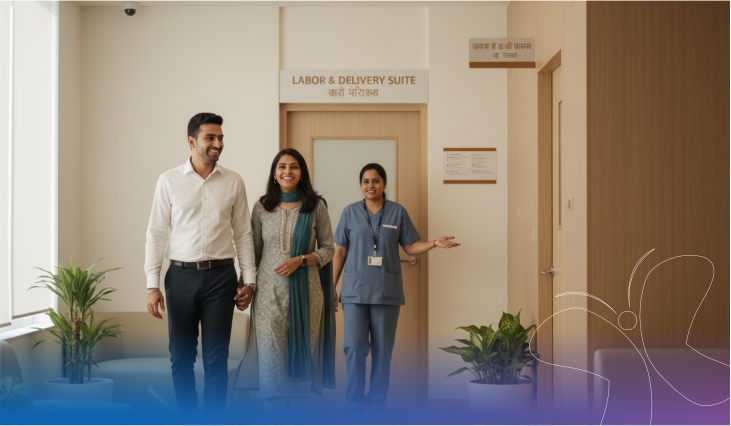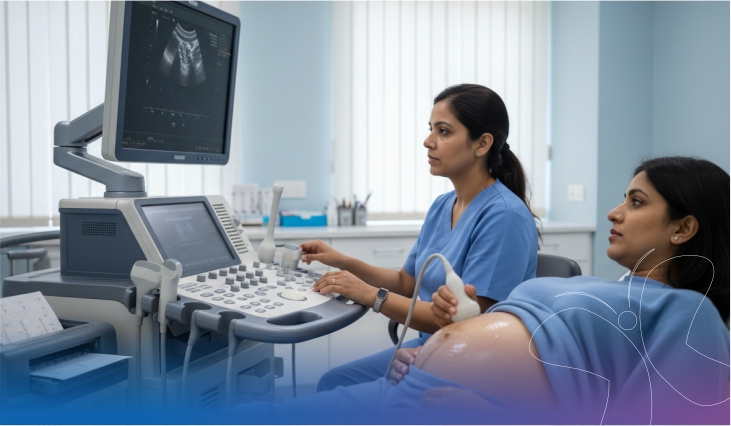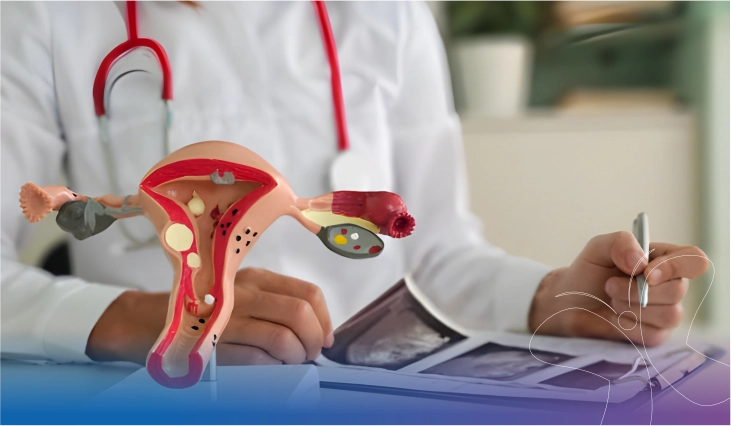Pregnancy is a wonderful journey for women, but it can also present unanticipated issues. Becoming acquainted with pregnancy complication possibilities and understanding how to address them are important for mother and baby. This makes the early initiation of a good pregnancy checkup schedule and the understanding of the prenatal care importance imperative because most complications can be identified early and dealt with safely.
The Importance of Frequent Checkups
A thoughtful pregnancy checkup schedule can be your first line of defense against potential health issues. At each visit, your physician will track your blood pressure, weight, and progress of your baby to catch the earliest indicators of complication in your pregnancy, such as gestational diabetes or preeclampsia. These routine appointments best illustrate the prenatal care importance of making sure both mother and baby are secure — small interventions today can alleviate bigger complications tomorrow.
Common Complications You Should be Aware of
Each pregnancy is different, however, there are pregnancy complications that tend to happen more than others. Some pregnancy complications you should be aware of are gestational diabetes, anemia, high blood pressure, and premature labor. If you establish habitual visits in your pregnancy checkup schedule, your doctor will be able to monitor and identify complications and associated risks early. Understanding the prenatal care importance enables expectant mothers to feel empowered; the more aware you are of possible issues throughout your pregnancy, the better able you are to manage those issues.
Management of Gestational Diabetes
Gestational diabetes is among the most common complications of pregnancy presenting in 24-28 weeks. Most gestational diabetes can be controlled with nutrition, exercise, and glucose monitoring. You will be scheduled for additional pregnancy checkups, specifically to monitor your sugar levels. This is another example of prenatal importance monitoring early so that serious issues do not arise at delivery and your baby is healthy.
Management of Hypertension and Preeclampsia
If left unmanaged high blood pressure or and/or preeclampsia can be severe complications of pregnancy. Signs and symptoms might include swelling, headache or vision changes. Keeping up with your pregnancy checkup schedule allows your doctor to monitor blood pressure very closely and recommend dietary and/or medication management. Understanding prenatal care is prior to baby placement saves mother from stress or other excessive feelings around experiences relating to reasons to be able to find mothers to early management anything that can lead to excessive implications later in life.
Management of Fatigue, Nausea, and Emotional Challenges
Not all complications of pregnancy are serious issues; in fact, some complications of pregnancy such as; nausea, fatigue or mood changes can be very common and are not significant concerns for the providers. Just to know to work is being regularly scheduled and followed your provider will also be able to bring other safe recommendations or supplements. Emphasizing prenatal care as a focus points for this discussion means it acknowledges that even small discomfort deserves attention.
Recognizing Warning Signs that Require Prompt Attention
There are some symptoms of pregnancy that need rapid medical treatment. Symptoms like heavy bleeding, severe abdominal pain, sudden face or hand swelling, high fever, and severe headache with vision changes are serious and require diagnosis or outcome medical treatment right away. Knowing these warning signs will help you access rapid medical care. Your prenatal care team will provide you with information on what symptoms you should monitor; when to wait for care at home and when to go get care outside your home, with the overarching message of being aware, being careful and being proactive.



















































































































































































































